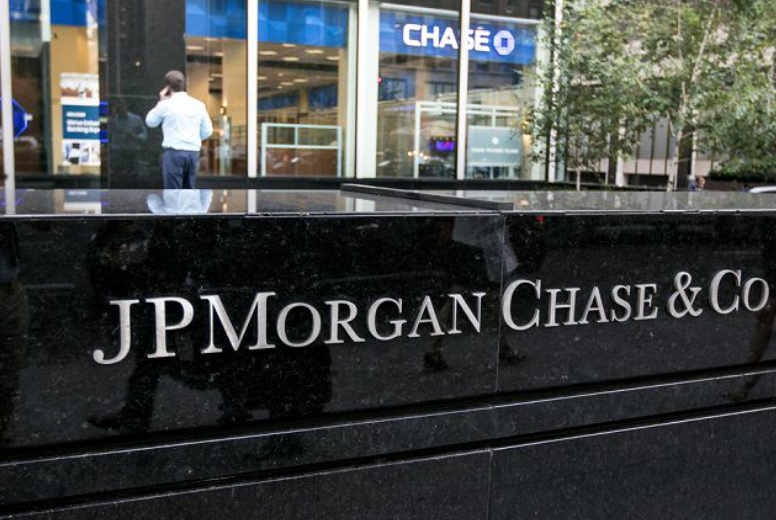#JPMorganChase #JamieDimon #AI #ShareholdersLetter #Banking #FinancialTechnology #BankAssets #Innovation
In an era where technology continually reshapes the landscapes of various sectors, it’s no surprise that Artificial Intelligence (AI) has caught the attention of financial behemoths like JPMorgan Chase. In his annual letter to shareholders, released on Monday, CEO Jamie Dimon addressed this pivotal technology as the foremost topic among an assortment of challenges and opportunities facing the United States’ largest bank by assets. This move underscores the growing significance of AI in the banking industry, marking a pivotal moment where financial institutions are required to reassess their strategies and adapt to the fast-evolving digital realm.
Dimon’s focus on AI is not merely reflective of a trend but signals a deeper recognition of the transformative potential of this technology in banking. AI encompasses a wide range of applications, from enhancing customer service through chatbots and AI-driven virtual assistants to complex risk management with predictive analytics, automating processes that were traditionally manual and time-consuming, and innovating financial products. For JPMorgan Chase, investing in AI and integrating it into their operations could mean a significant overhaul in the way banking is done, emphasizing efficiency, personalization, and security. These advancements are pivotal in maintaining a competitive edge in an industry where technological innovation often dictates market leadership.
Moreover, Dimon’s letter suggests a vision where AI’s integration into banking goes beyond operational efficiency. He hints at the potential for AI to drive financial inclusion, better risk assessment, and even in developing new financial products that could revolutionize how consumers and businesses interact with their finances. However, embracing AI also comes with its own set of challenges. Dimon likely anticipates the need for substantial investments in technology and talent to harness AI’s full potential, alongside navigating regulatory, ethical, and privacy concerns associated with AI technologies.
The stakeholders in the financial ecosystem should pay keen attention to the implications of Dimon’s pronouncements. For regulators, there’s a call to balance innovation with consumer protection. For competitors, it’s a cue to ramp up their AI strategies. For investors, it bends towards promising opportunities in AI-centric financial technologies. And for customers, the unfolding scenario promises more personalized, efficient, and potentially more secure banking services. Jamie Dimon’s letter isn’t just a declaration of JPMorgan Chase’s strategic directions; it’s a harbinger of the transformative changes AI is set to bring to the banking industry at large.





Comments are closed.